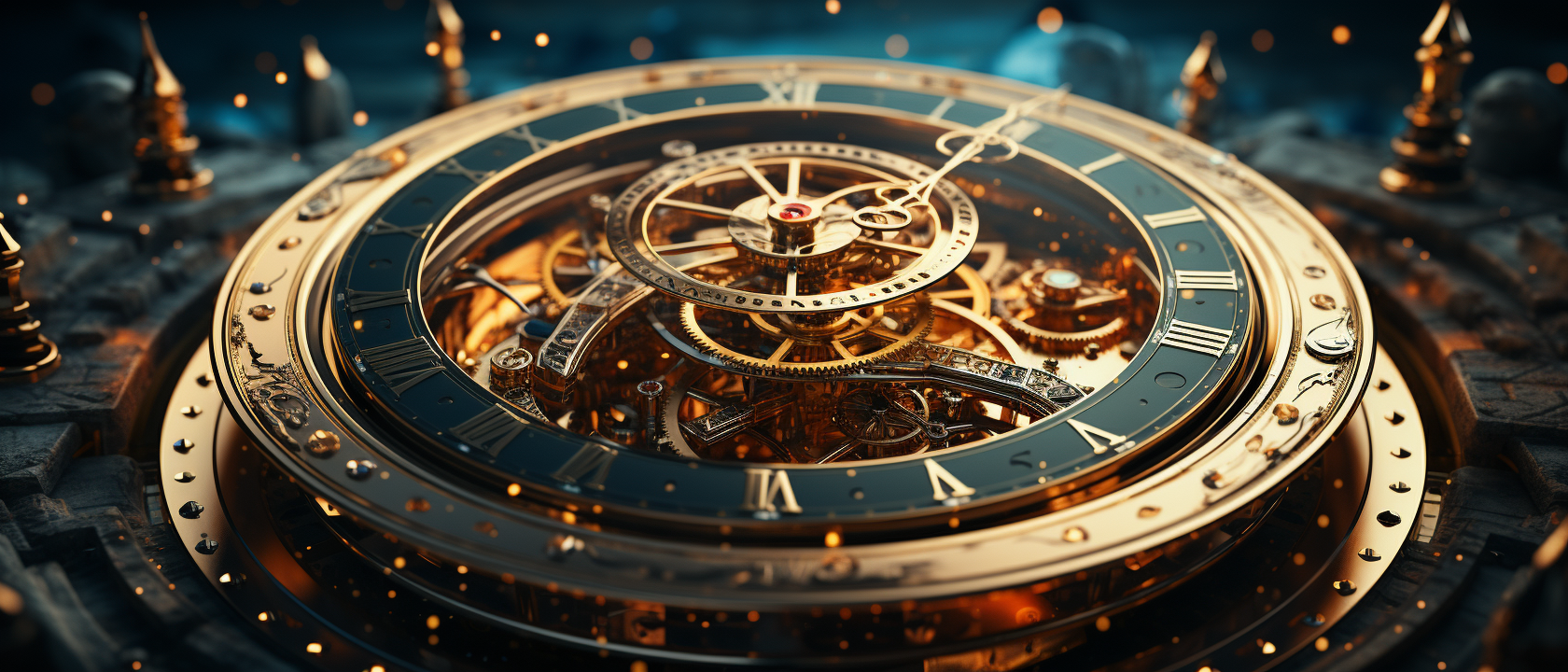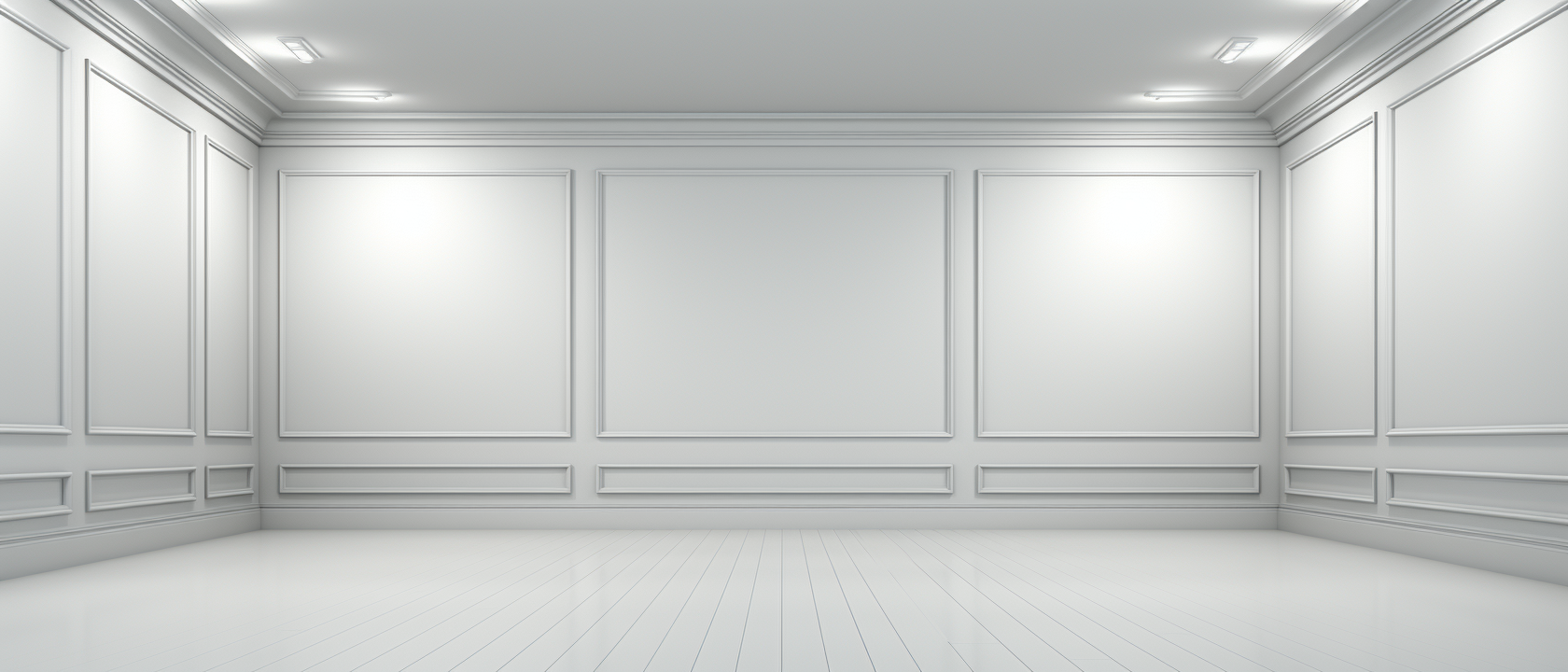

Our lives are structured around the graduated circle we call a clock. Time seems to be a constant that runs through the fabric of our lives. One might even extrapolate our day to day experience of time and think time is a universal constant, say like the speed of light. But anyone familiar with Einstein’s Theory of Relativity will disagree with the notion that time is constant throughout the universe. Well, it’s probably more accurate to say that our experience of time is constant.
The more I have thought about the concept of time, I find interesting observations on how we experience time. Here is a thought experiment:

Imagine you are in a room with no windows, no doors and no objects. Let’s say that the walls, ceiling and floor are plain and painted white. Now imagine you are placed in that room and given a pill that magically removes hunger and thirst.
Now imagine being in that room for 3 hours (but you are not told that). Do you think after the 3 hour mark you will be able to tell how long you have been in there? If you think you can, think about how you would actually do that.
Many studies have been done to investigate the effects of sensory deprivation on humans. In such studies, the subjects were in fact placed in sanitarium like chambers and often blind folded and given noise canceling headphones to wear. All of this was to create an environment where the subjects get almost no sensory input. One of the interesting findings of these studies was that the subjects lost track of time very quickly. These experiments lead be to believe that if we were to be placed in a chamber like I mentioned before, without any objects or obviously a clock, we would not be able to tell how much time has elapsed from the time we enter such a chamber and the time we exit.
One of the fundamental ways we seem to subconsciously define time is by looking at a delta in our sensory input. For example, if you and I were in that chamber without any clocks or windows or objects, and I slapped you on your right cheek and then sometime after slapped you on your left cheek, both of us would be able to very clearly define that series of events and approximate how much time elapsed between me slapping you on your right cheek and then your left cheek. We should be able to do that because we can track the events that occurred. If we instead just stared at each other during the same amount of time, we would have a harder time approximating how much time passed since we started staring at each other and when we stopped.